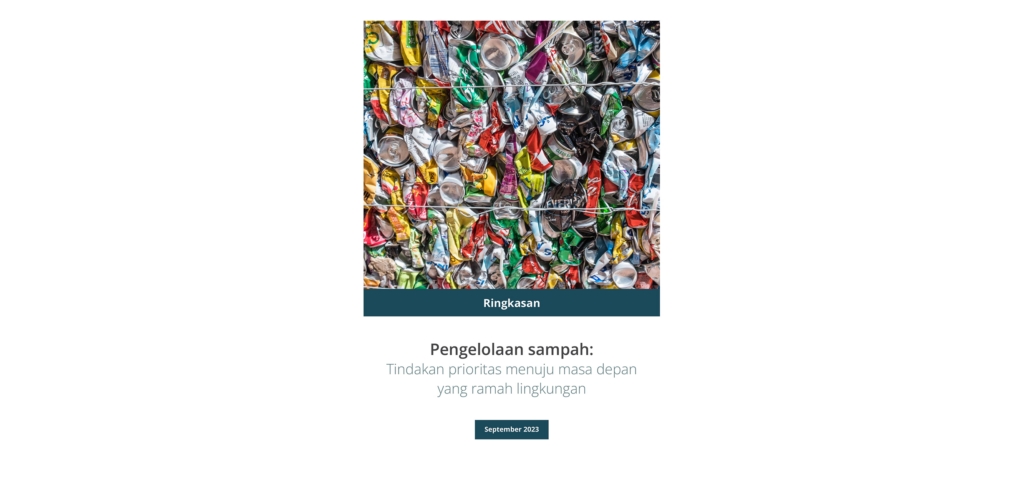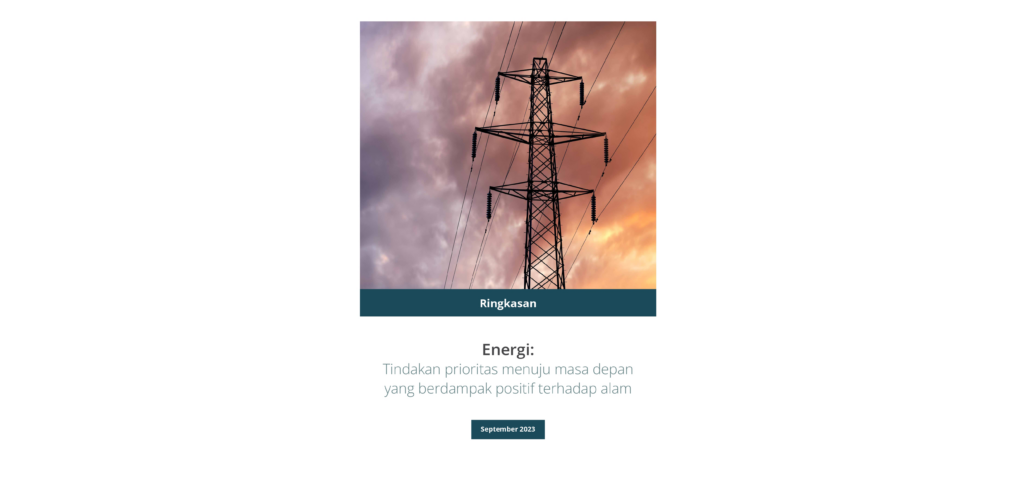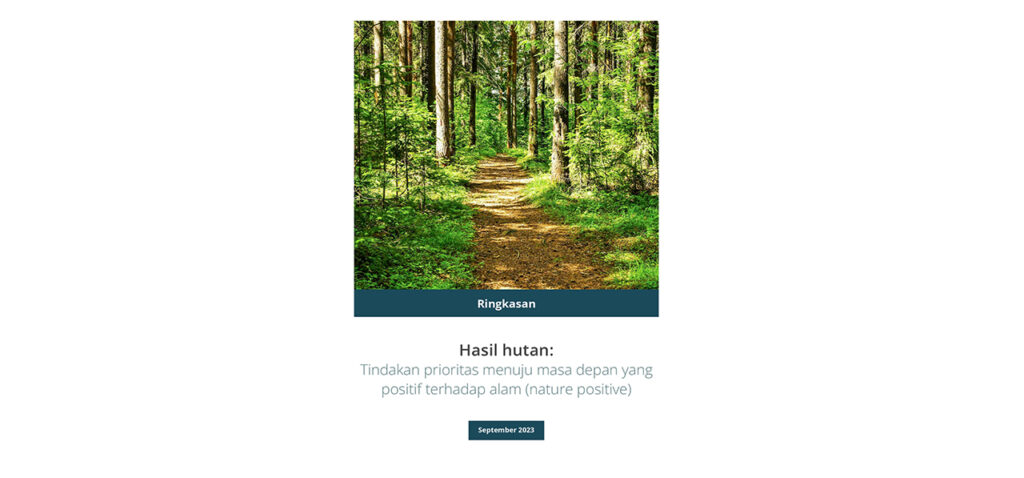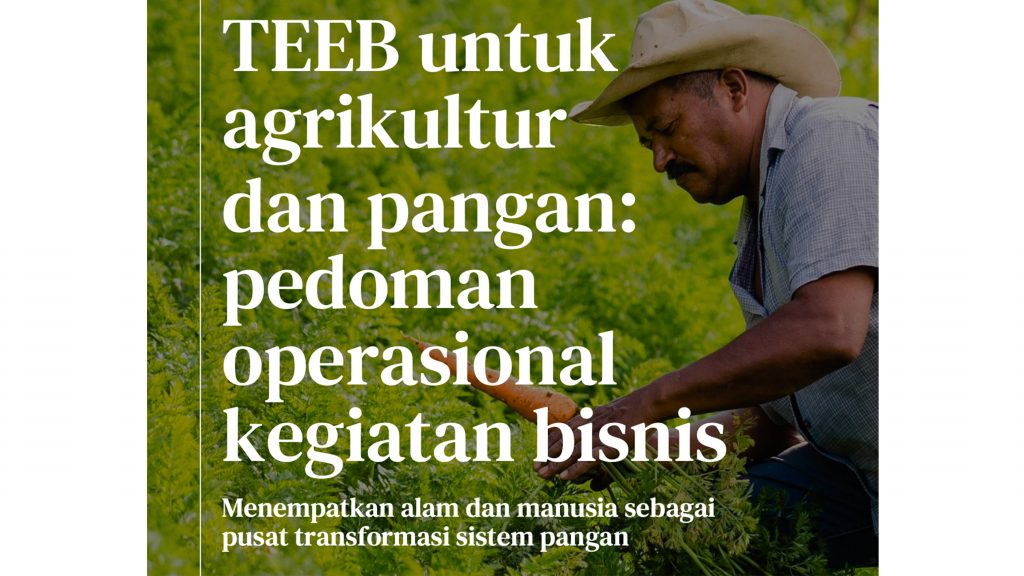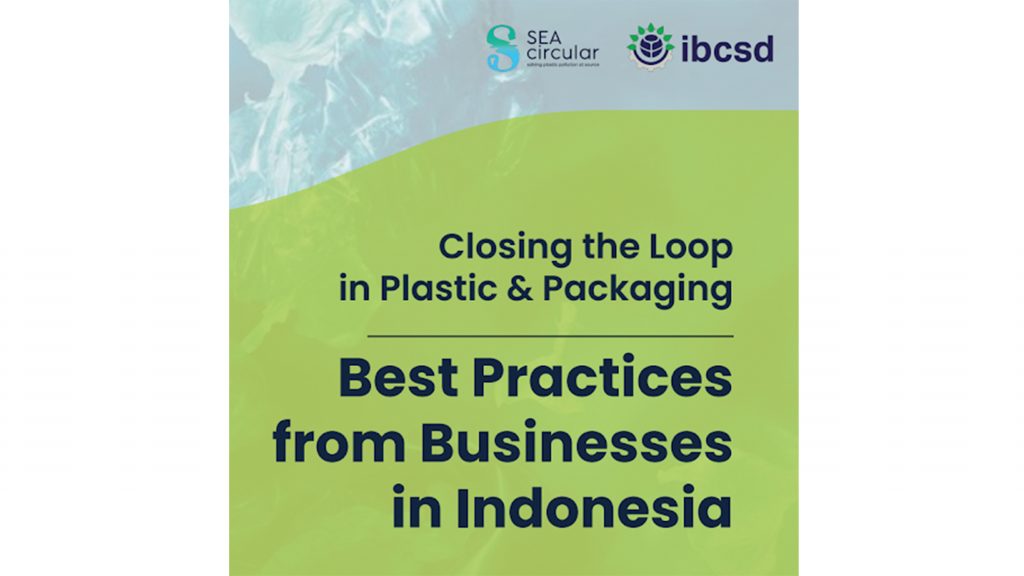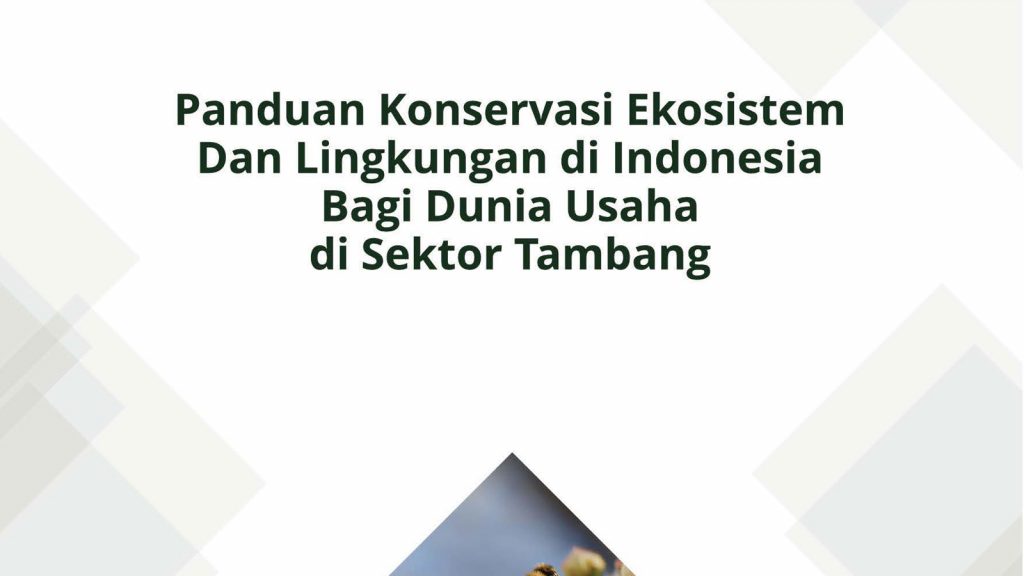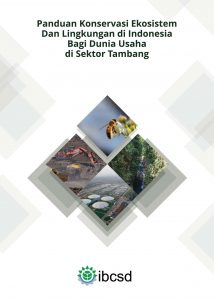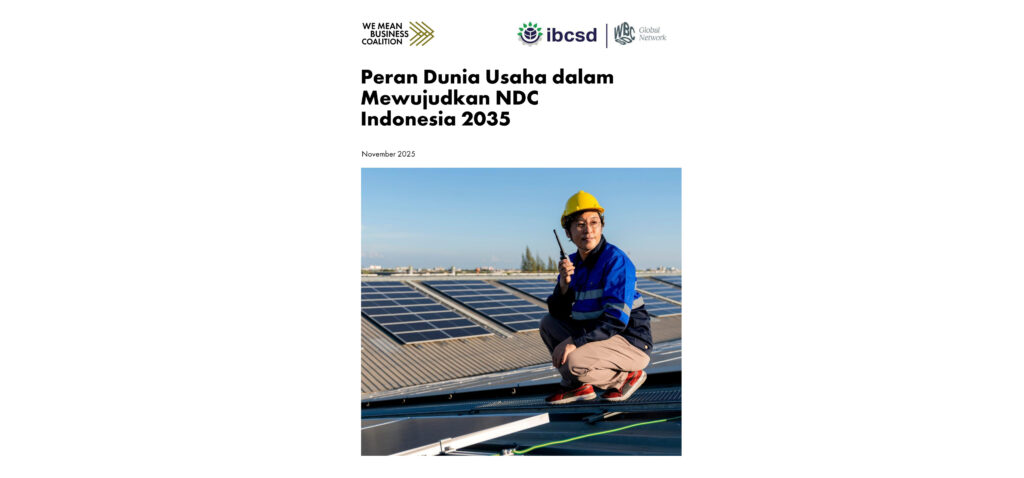
IBCSD WMBC 2025 – Peran Dunia Usaha dalam Mewujudkan NDC Indonesia 2035
Rangkuman yang disusun oleh Indonesia Business Council for Sustainable Development (IBCSD )dan We Mean Business Coalition mengenai peran strategis dunia usaha dalam mewujudkan NDC Indonesia 2035. Ringkasan ini menegaskan bahwa Indonesia berada pada titik persimpangan penting: transisi menuju ekonomi rendah karbon dapat membuka peluang investasi hingga 3,8 triliun USD, memperkuat daya saing industri, dan meningkatkan ketahanan energi nasional.
Melalui kolaborasi erat antara pemerintah dan sektor swasta, serta penyelarasan peta jalan sektoral, Indonesia dapat memastikan bahwa NDC 2035 tidak hanya menjadi komitmen iklim, tetapi juga peta jalan transformasi ekonomi jangka panjang.
Unduh ringkasan lengkapnya pada tautan di bawah untuk melihat peluang, tantangan, dan rekomendasi kebijakan bagi percepatan investasi bisnis menuju pencapaian NDC Indonesia 2035.
Download
